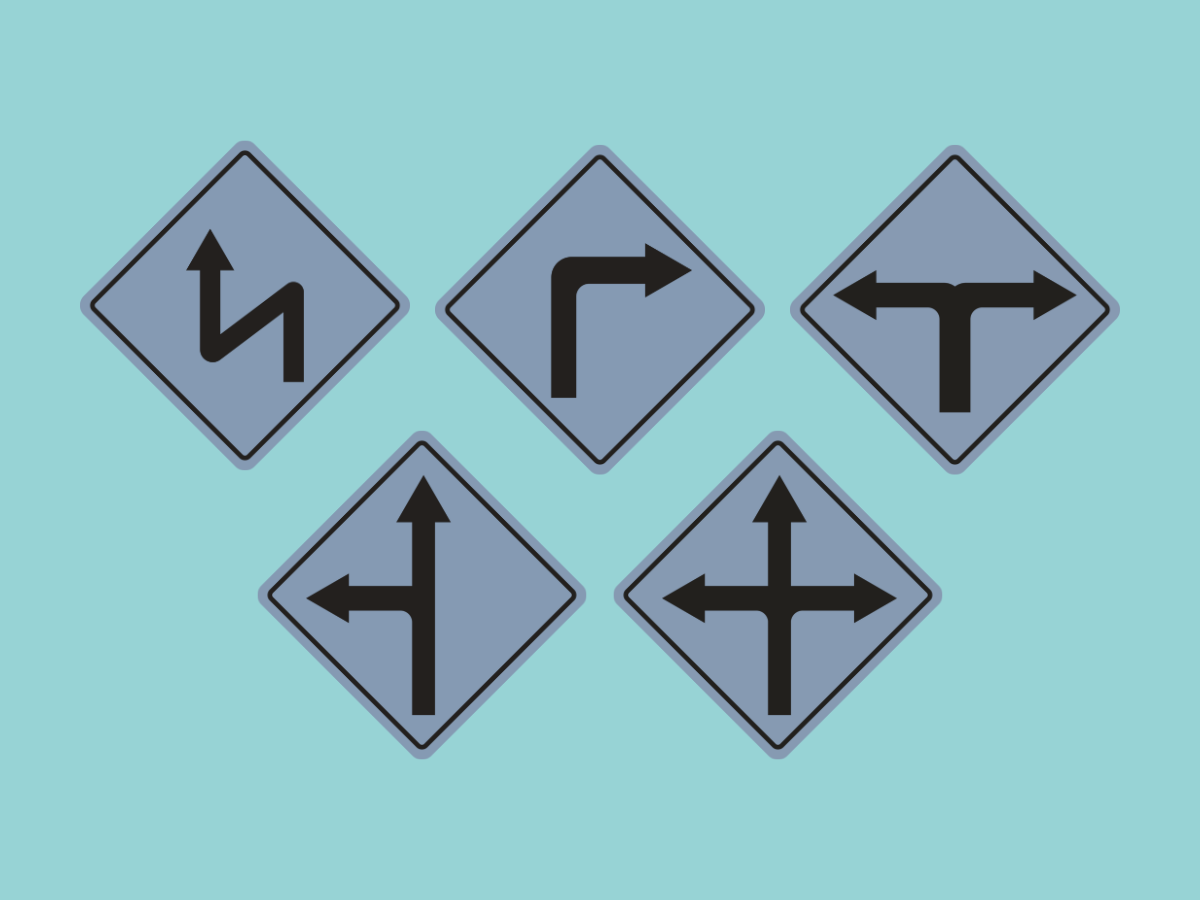Striking the perfect balance in luxury brand promotions

Luxury brands are all about exclusivity, but how do they keep that air of prestige while still driving sales when needed? It's a tightrope walk.
Luxury brands are more than just products
They represent a lifestyle and a commitment to quality and craftsmanship. These brands often use premium materials and innovative designs to create items that are not only stylish but also long-lasting.
The allure of luxury brands lies in their ability to evoke emotions and foster a sense of belonging to an elite group. Focusing on storytelling and heritage, these brands cultivate a unique identity that resonates with affluent consumers seeking status and a personal connection to their purchase.
In essence, luxury brands are about creating an unforgettable experience that goes far beyond the item itself, making each purchase feel unique and significant.
The allure of exclusivity in luxury branding
What exclusivity means
In the world of luxury branding, exclusivity isn't just a buzzword—it's the backbone of the brand's prestige. Exclusivity creates a sense of rarity and desirability, making customers feel special and unique.
Why exclusivity matters
Exclusivity is crucial for luxury brands because it maintains their high-status image. Consider brands like Hermes or Rolex; their perceived scarcity adds to their pull. Customers are willing to pay a premium to own something not everyone can have.
Examples of successful exclusivity
Hermes' Birkin bag is a perfect example. With its long waiting lists and limited availability, owning a Birkin is a status symbol.

Similarly, Supreme releases products in limited "drops," which sell out within minutes, creating a frenzy and a secondary market where items sell for multiple times their original price.

The dilemma of discounts for luxury brands
With luxury brands, discounting can feel like a bit of a problem.
Offering discounts can attract new customers and increase sales, which is especially appealing in a competitive market. However, frequent discounts may dilute the brand's image of exclusivity and high value.
To navigate this challenge, many luxury brands opt for strategic, limited-time promotions or exclusive offers for loyal customers. This approach maintains a sense of prestige and creates urgency among consumers to purchase before the opportunity slips away.
Balancing these considerations is key to sustaining an appealing brand identity and a thriving business.
Strategies for balancing exclusivity and driving conversions
Finding the right balance between exclusivity and driving conversions can be tricky, but there are several effective strategies that luxury brands can employ.
1. Create limited-edition products
Offering limited-edition items or collaborations can generate excitement and urgency. By releasing products with exclusive availability, brands can encourage customers to act quickly, fueling conversions while maintaining that coveted air of scarcity.
2. Implement VIP programs
Establishing VIP programs for loyal customers can enhance feelings of exclusivity while driving sales. Early access to new collections or special discounts can make these customers feel valued, prompting them to make purchases that might not occur otherwise.
3. Focus on personalization
Personalization is a powerful tool in luxury branding. Tailoring shopping experiences and recommendations to individual tastes can foster connections with customers. By making them feel special and understood, brands enhance their exclusivity and boost the likelihood of conversions.
4. Leverage social media
Using social media platforms to tell engaging stories about products and the craftsmanship behind them can nurture emotional connections. Sharing behind-the-scenes content, exclusive interviews, or virtual events helps create a sense of community while promoting products subtly without compromising prestige.
5. Emphasize quality over quantity
Rather than flooding the market with products, luxury brands should focus on maintaining quality and craftsmanship. High-quality products that convey exclusivity naturally attract attention and encourage customers to invest in premium items, driving sales while reinforcing brand values.
6. Use intelligent offers to make discounts exclusive
One innovative approach luxury brands can take is implementing intelligent offers that make discounts feel exclusive and tailored. Instead of widely advertised sales, brands could offer personalized discounts based on customer behavior and purchase history.
For instance, a loyal customer might receive an email with a unique promotion for a product they viewed or wished for, reinforcing their connection to the brand while maintaining its exclusive image.
Additionally, brands can create time-sensitive offers that trigger a sense of urgency, such as discounts that are available only for a limited period or to select members of a loyalty program.
This enhances the feeling of exclusivity and incentivizes prompt purchasing decisions. Luxury brands can successfully navigate the delicate balance between driving sales and preserving their esteemed reputation by ensuring that such offers are perceived as special privileges rather than standard promotions.
Measuring success
Regarding luxury branding, measuring success goes beyond just tracking sales figures. Considering a combination of metrics reflecting brand perception and customer engagement is essential.
- One key indicator is brand equity, which encompasses the value consumers associate with the brand, often influenced by its exclusivity and prestige.
- Monitoring social media sentiment can provide insights into how customers perceive the brand and its products, helping brands gauge shifts in public opinion.
- Another important metric is customer retention rates. High retention indicates that consumers feel deeply connected to the brand and are willing to make repeat purchases.
- Analyzing the performance of limited-edition items or exclusive launches can reveal how effective promotional strategies drive demand while preserving brand integrity.
- The level of engagement in VIP programs can also serve as a barometer for customer loyalty and overall brand satisfaction.
- The use of intelligent offers, their impact on incremental sales, and the savings from making the discounts exclusive (the value not given away) show their success.
Real-world example: Dior's My Exclusive Beauty Program
Dior’s tiered loyalty program perfectly balances exclusivity and engagement. Platinum members receive private consultations and early access to events, fostering a deep connection with the brand.
The key to balancing exclusivity and engagement is creating personalized, unique experiences that make customers feel special while keeping them actively involved with the brand.







